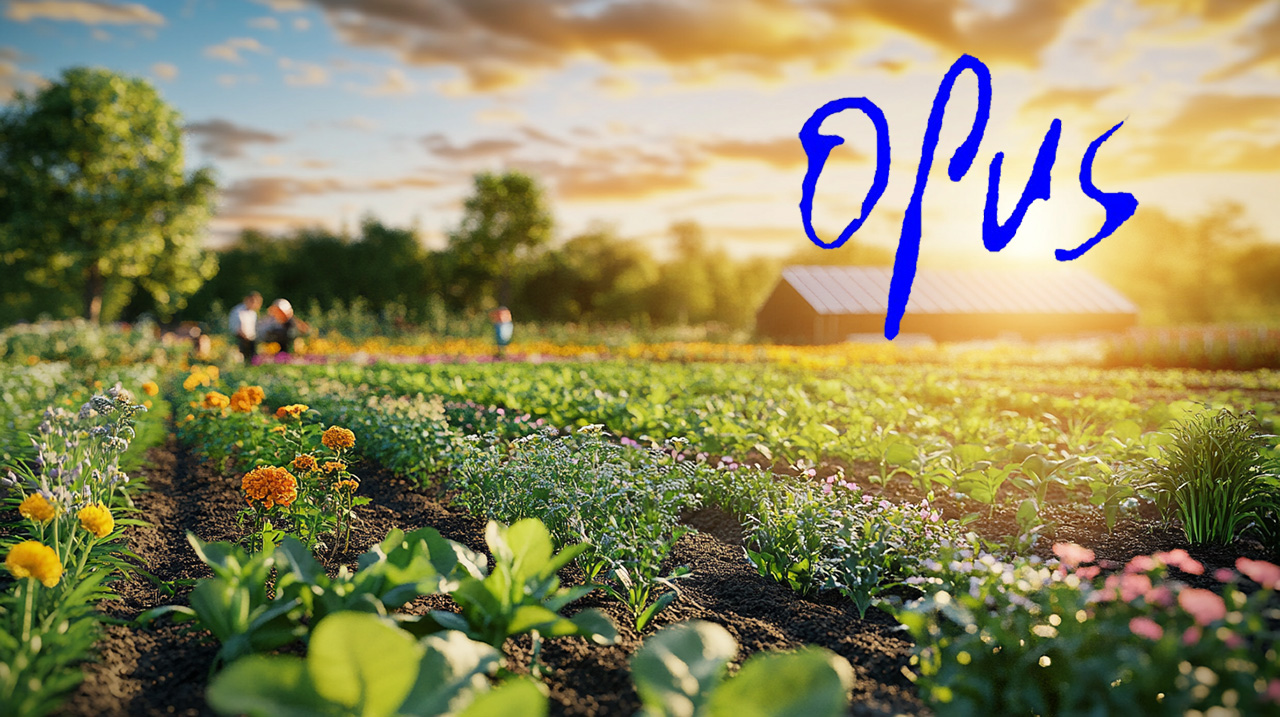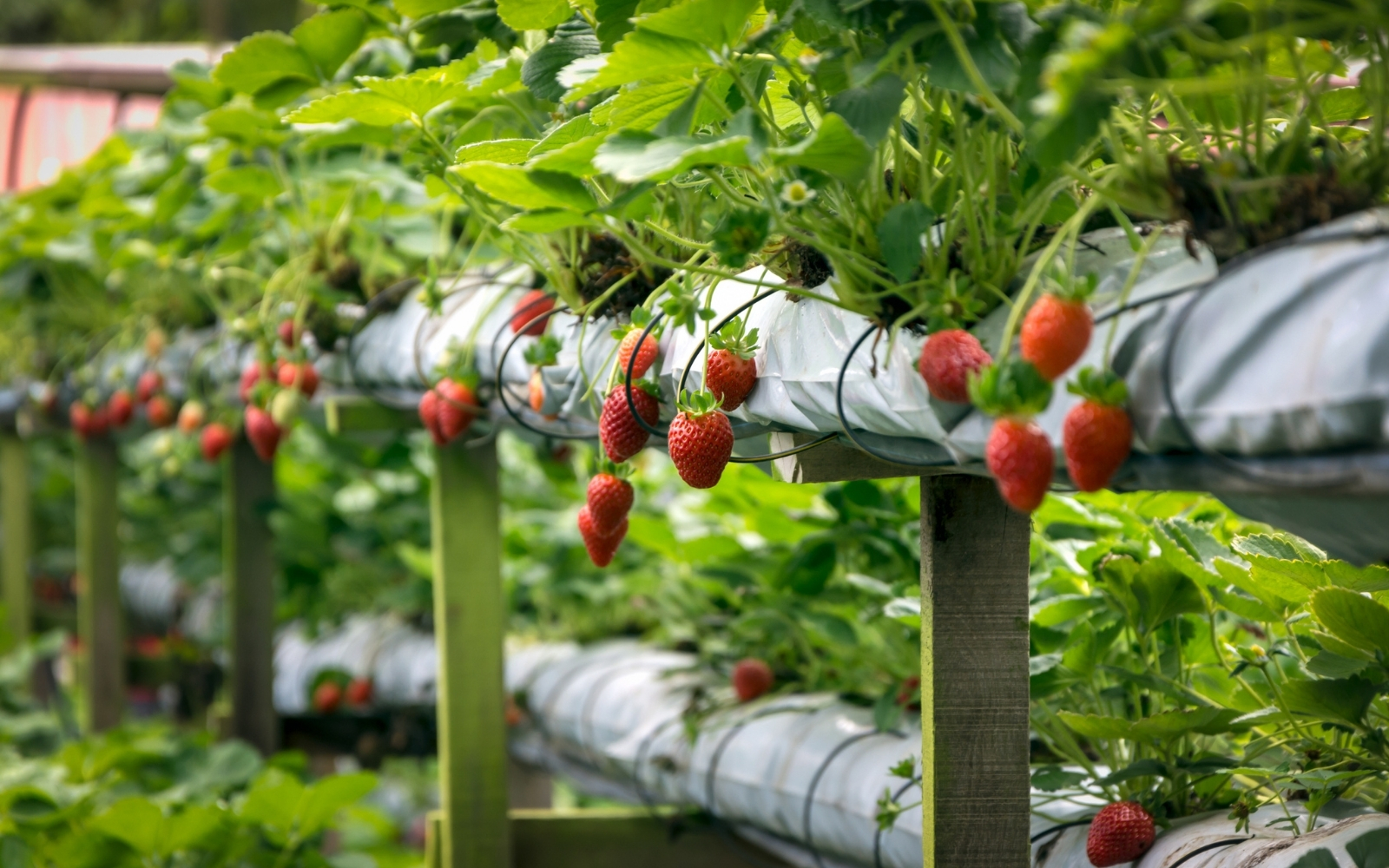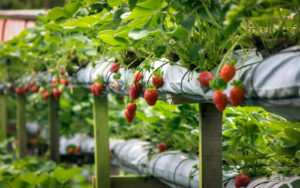🌍 Growing for Good: Sustainability & Regenerative Agriculture in the Food Industry % – OPUS International
As climate concerns intensify, the food and beverage industry is shifting gears—from sustainability as a trend to sustainability as a standard. Over the next five years, one of the most powerful transformations will be the rise of regenerative agriculture and a deeper focus on eco-conscious production.
At its core, regenerative agriculture goes beyond “do no harm.” It’s about restoring soil health, increasing biodiversity, and capturing carbon—turning farms into climate solutions rather than contributors to the problem. Brands that once touted “organic” as their gold standard are now embracing regenerative practices as a more holistic, long-term commitment to planetary health.
Consumers are more educated and eco-aware than ever before. They want transparency—not just about what’s in their food, but how it’s grown, processed, packaged, and transported. This is pushing manufacturers, retailers, and foodservice operators to adopt more circular practices:
✅ Upcycled Ingredients – Turning food waste into valuable, nutritious products.
✅ Carbon-Neutral Labels – Signaling commitment to offsetting or eliminating emissions.
✅ Eco-Friendly Packaging – Compostable, biodegradable, or reusable materials replacing plastic.
✅ Water-Efficient Farming – Drought-resilient crops and drip irrigation systems becoming industry norms.
And it’s not just niche brands doing this—major players in the industry are rethinking their supply chains, investing in regenerative partnerships and measurable sustainability initiatives.
In the next five years, sustainability won’t just be a brand value—it will be a competitive necessity. Companies that lead in environmental stewardship will win the trust and loyalty of the modern consumer.
🌱 The future of food is not just about what we eat—but how we grow it.
#RegenerativeAgriculture #SustainableFood #FoodIndustryTrends #EcoInnovation #FutureOfFood #OPUSInternational














Post Comment